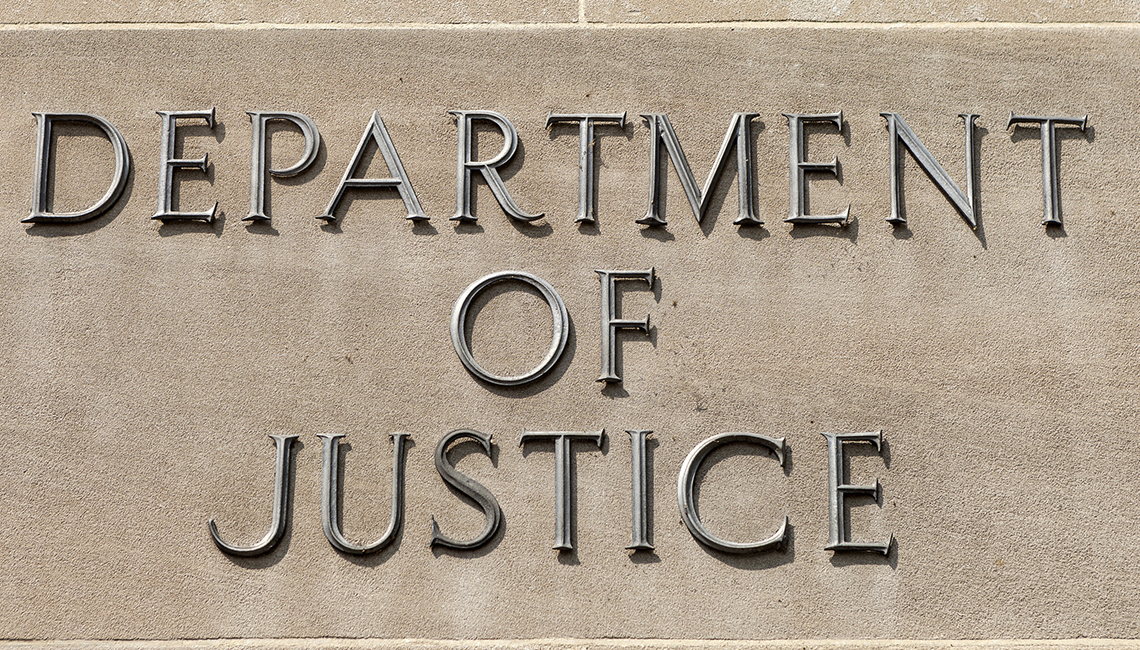About Us
United States ex rel. Polansky v. Executive Health Resources, Inc.,
No. 21-1052,
cert. granted, 142 S. Ct. 2834 (2022).
Oral argument not yet scheduled.
Issue: Whether the government has authority to dismiss a False Claims Act (FCA) suit after initially declining to proceed with the action, and if so, what standard applies?
Section 3730(b) of the False Claims Act (FCA) permits private citizens to sue perpetrators of fraud on behalf of the U.S. government. These private citizens, referred to as relators, are eligible to receive a portion of the recovery if they succeed. After investigation by the government, the government may elect to intervene in the case. However, if the government declines to intervene, then the relator may pursue the action independently. Regardless of whether the government intervenes, section 3730(c)(2)(A) of the FCA permits the government to dismiss these actions, notwithstanding the objections of the relator, so long as the relator has been notified and the relator is given an opportunity to be heard on the government’s motion to dismiss. 31 U.S.C. § 3730(c)(2)(A).
Executive Health Resources, Inc. (EHR), a private physician advisory company, provides review and billing certification services to hospitals and physicians that bill Medicare. In 2012, Dr. Jesse Polansky, a former physician consultant for the company, filed an FCA action alleging that EHR was fraudulently certifying outpatient services as inpatient services and billing Medicare and Medicaid at higher rates for services rendered. Polansky v. Exec. Health Resources, Inc., 422 F. Supp. 3d 916, 919 (E.D. Pa. 2019). The government conducted a two-year long investigation of Dr. Polansky’s claims but opted not to intervene. Id. at 939. The case continued, with Dr. Polansky pursuing the claims independently. In 2019 however, the government filed a motion to dismiss. Id. The U.S. District Court for the Eastern District of Pennsylvania acknowledged the circuit split on the applicable standard for dismissal under section 3730(c)(2)(A), but declined to weigh in on that issue, instead holding that the government was entitled to dismissal under either standard. Id. at 926.
On appeal, the Third Circuit held that the applicable standard for reviewing the Government’s authority to dismiss is governed by Federal Rule of Civil Procedure 41(a), which concerns voluntary dismissals in all civil cases. Polansky v. Exec. Health Resources, Inc., 17 F.4th 376, 389 (3rd Cir. 2021). This followed the Seventh Circuit in United States v. UCB, Inc., 970 F.3d. 839, 849 (7th Cir. 2020). The D.C. Circuit has held that the Government has an unfettered right to dismiss FCA actions. Swift v. U.S., 318 F.3d 250, 253 (D.C. Cir. 2003). Meanwhile, the Ninth and Tenth Circuits require the government to establish a “valid government purpose and a rational relation between dismissal and accomplishment of that purpose.” Sequoia Orange Co. v. Baird-Neece Packing Corp., 151 F.3d 1139, 1145 (9th Cir. 1998); see also Ridenour v. Kaiser-Hill Co., LLC, 397 F.3d 925, 935 (10th Cir. 2005) (adopting the Sequoia standard).



















